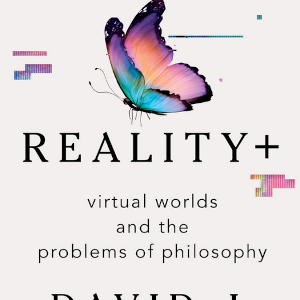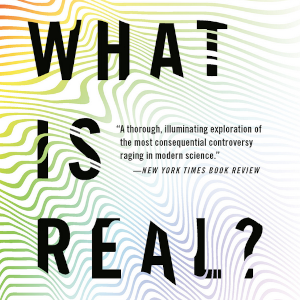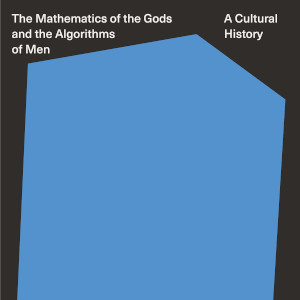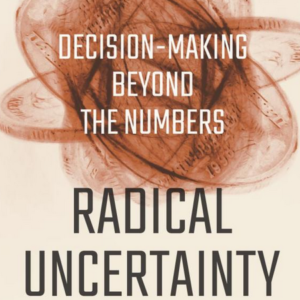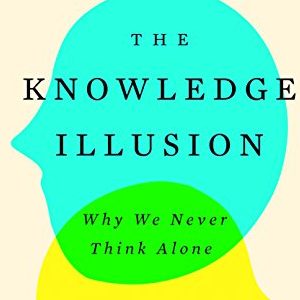Nov. 2017: Interesting exploration of the implications of AGI, faulted by the typical preference of Analytical Philosophy for construction of intricate, highly theoretical scenario’s, under-emphasizing basic challenges (in the case of AGI: lack of robustness / antifragility).
Jun. 2023: The writer has leveraged the recent rise of LLMs like ChatGPT to further fuel fear about an AGI break-out – even though other AI-related risks require more imminent attention.


